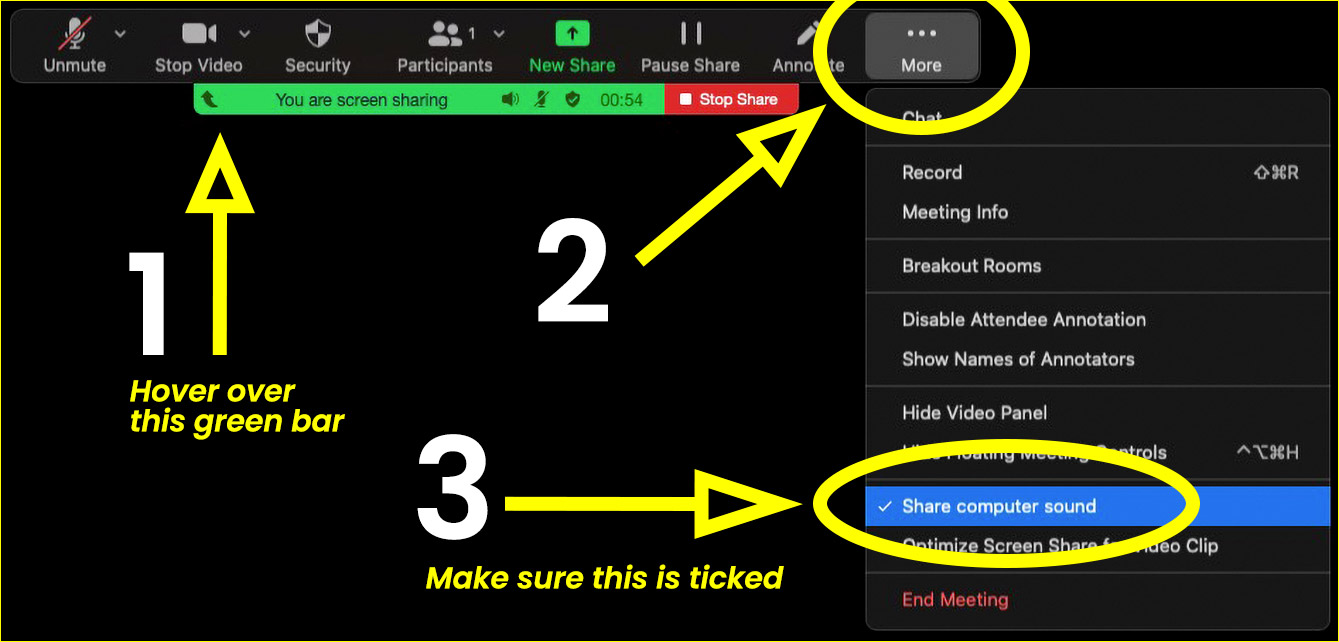The last few months have been a wild ride – and while Australia has been fortunate in our steps to ‘flatten the curve’, it’s been a tricky time for many in business.
So, how do we turn this challenging year from a struggle into a success?
After helping teams from some of Australia’s best-known brands to spread their wings and grow into this interesting time, here are 4 critical skills we’ve noticed among the leaders whose teams have best navigated these choppy waters:
1. Empathy
We’re all wired to react in different ways, guided by our own nature, frame of reference, learning style and cultural norms. The most important skill we’ve noticed across the board has been empathy – leaders who are able to put themselves in their team’s shoes, to understand that when people need more time, more support, or maybe just a minute to regroup – are almost universally doing better than those still growing that skill. By having the insight to make wise choices in the moment that reflect the needs of others, these savvy leaders are able to overcome a rock in the path with a stumble, rather than a complete derailment.
2. Connection
One unique marker – that many hope will continue – is the split between employees working from home, and others in the office. Before, with everyone locked into the same space for 8 hours every day, collaboration and connection was easy. Call a meeting, set up some sandwiches and off you go. Even little things, like a quick chat while you prep your 9.30am perk me up coffee that could cover anything from the latest sales projections to how the kids are going with that billycart project at home. These important moments all contribute to the team dynamic – shared moments that let us better understand each other and create connections that span teams right across the business. So regardless of your role in the business, try to encourage new ways for these moments to occur – perhaps a 15minute game of Scriblio before your next Zoom call, sending a photo and explanation of your favourite coffee mug to the team, set days for everyone to be in the office, or other ways that your people can find meaningful collaboration.
3. Trust
For some businesses, with restrictions easing it’s time to pull everyone back into the office so they can operate under management’s watchful eye. But this is problematic for a few reasons. First, some employees face genuine concern about rushing to collaborate in the office, fearing a second wave of Covid infections. At the same time, pushing people back into the office signals a lack of trust. According to organisational psychologist Blake Redding of national workplace strategy consultancy Mapien, what people really need when things are ambiguous, volatile and uncertain is trust, time and support. “It’s impossible for managers to expect everyone to deliver in the same way and volume they were before the pandemic”, said Redding. “You need to trust them to find a way, to achieve as much as they can in this environment. Creating that sense of psychological safety – that they’re going to be ok, and it’s ok to experiment and explore new approaches and new ways of thinking. That sense of trust pays dividends in the long run”.
4. Creativity
You’ve likely seen a meme (or six) floating about social media asking you to think before rushing back to ‘normal’. That you reconsider what you’re doing, and how and why, to be sure it’s what you actually want. And really… those memes have a point. This is a unique time to really inspect how your team and your business are doing things, so you can use this state of flux as a chance to try something new. That’s where creativity comes into play. Now is the perfect time to let go of any ‘we’ve always done it this way’ habits, from how the business interacts with clients right down to how the coffee supply is managed in the staff room. Get creative by starting with the end in mind, then brainstorm the most creative ways to get there. The fastest way to do that is easily bringing in a fresh set of eyes for a relook at team culture, communication or how self-awareness and regulation are playing a part.
In summary, each of these critical skills contribute to emotional intelligence, or EiQ. Equipping yourself, your team, your leaders and your people with the skills to better understand themselves and their colleagues gives everyone the capacity for the kind of growth that enables high performing teams and happy workplaces.

